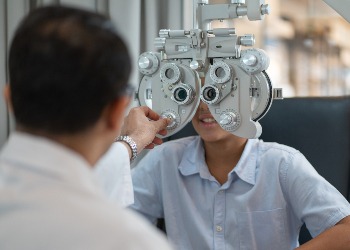What is Retinal Vein Occlusion?
Retinal Vein Occlusion (RVO) is a common eye condition that occurs when a vein in the retina becomes blocked, obstructing normal blood flow. The retina, which is the light-sensitive tissue at the back of the eye, relies on these veins to drain blood. When a blockage occurs, it can lead to fluid buildup, bleeding, and even vision loss. Retinal Vein Occlusion is a serious condition that requires immediate medical attention to prevent further damage and preserve vision. If you’re in Patiala, seeking expert Retinal Vein Occlusions Services in Patiala can ensure timely diagnosis and treatment.
Types of Retinal Vein Occlusion
There are two main types of Retinal Vein Occlusion:
Branch Retinal Vein Occlusion (BRVO): This type of blockage occurs in one of the smaller branches of the retinal veins. It typically affects a localized area of the retina and may lead to partial vision loss or blurring in that area.
Central Retinal Vein Occlusion (CRVO): In CRVO, the main vein responsible for carrying blood out of the retina becomes blocked. This can result in more widespread damage and significant vision impairment.
For accurate diagnosis and management, consider visiting a specialist offering Retinal Vein Occlusions Services in Patiala.
Causes of Retinal Vein Occlusion
Several factors contribute to Retinal Vein Occlusion, including:
Aging: Blood vessels may weaken over time, increasing blockage risk.
High Blood Pressure: Damages vessel walls, leading to clots.
Diabetes: Affects retinal blood vessels, raising RVO risk.
Glaucoma: Increased eye pressure restricts blood flow.
Smoking: Harms circulation and vessel health.
If you have these risk factors, regular check-ups at a clinic providing Retinal Vein Occlusions Services in Patiala are advisable.
Symptoms of Retinal Vein Occlusion
Common symptoms include:
Sudden blurry or lost vision
Distorted or wavy vision
Floaters or dark spots
Reduced peripheral vision
Prompt evaluation is crucial. Clinics offering Retinal Vein Occlusions Services in Patiala can help diagnose and treat these symptoms early.
Diagnosis & Treatment
An ophthalmologist may use OCT scans or fluorescein angiography to detect RVO. Treatment options include:
Anti-VEGF injections (reduce swelling)
Steroid injections (control inflammation)
Laser therapy (seal leaking vessels)
Vitrectomy (for severe cases)
For advanced care, explore Retinal Vein Occlusions Services in Patiala to access these treatments.
Prevention & Management
Early detection and lifestyle changes (quitting smoking, managing BP/sugar) can reduce RVO risk. Regular eye exams at facilities providing Retinal Vein Occlusions Services in Patiala are key to prevention.
Conclusion
Retinal Vein Occlusion demands urgent care to protect vision. If you’re in Patiala, prioritize expert Retinal Vein Occlusions Services in Patiala for timely intervention. Early action improves outcomes and preserves eye health.
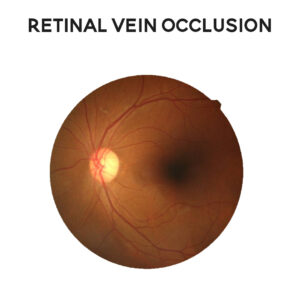
What we Serve
Our Services

Diabetic Retinopathy
Diabetic retinopathy is a serious condition that affects the eyes of individuals with diabetes. Our team specializes in managing diabetic retinopathy through advanced diagnostic techniques and personalized treatment plans aimed at preserving vision and preventing further damage.
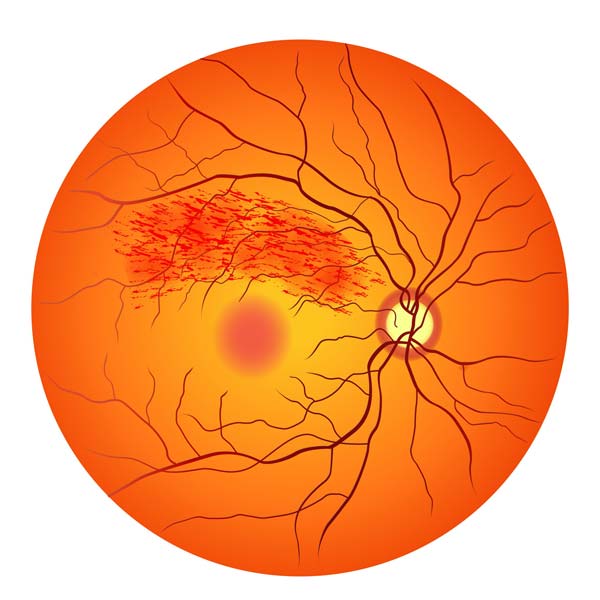
Retinal Vein Occlusion
Retinal vein occlusion (RVO) is a blockage in the small blood vessels that carry blood away from the retina. Our experts offer comprehensive care for RVO, including accurate diagnosis, treatment, and ongoing management to minimize vision loss and preserve eye health.
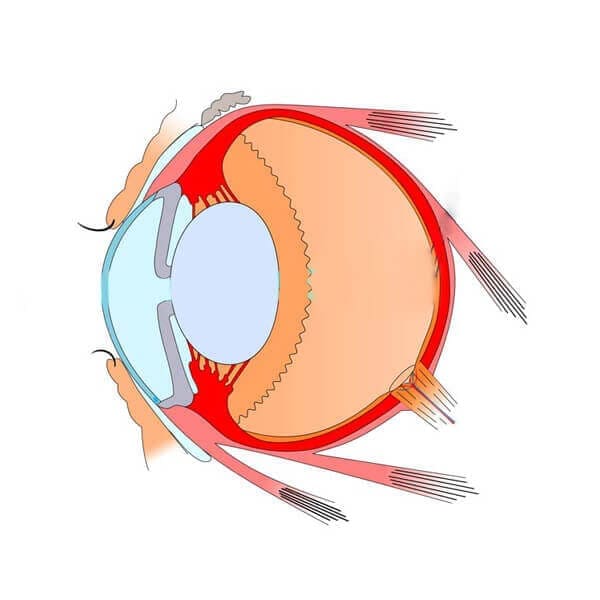
Age-Related Macular Degeneration (AMD)
Age-Related Macular Degeneration (AMD) is a common eye condition and a leading cause of vision loss among people aged 50 and older. It causes damage to the macula, the small central area of the retina that controls visual acuity.
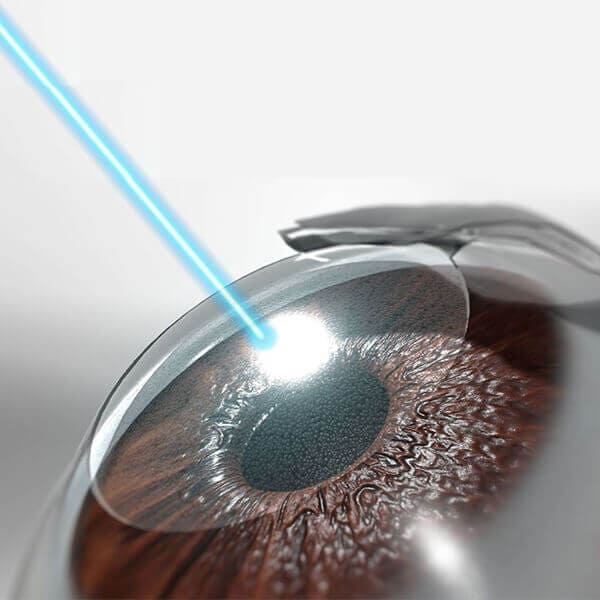
Green Laser For Diabetic Retinopathy
Green laser treatment is an effective option for managing diabetic retinopathy, helping to reduce swelling and leakage in the retina. Learn more about our green laser therapy for diabetic retinopathy and how it can benefit you.
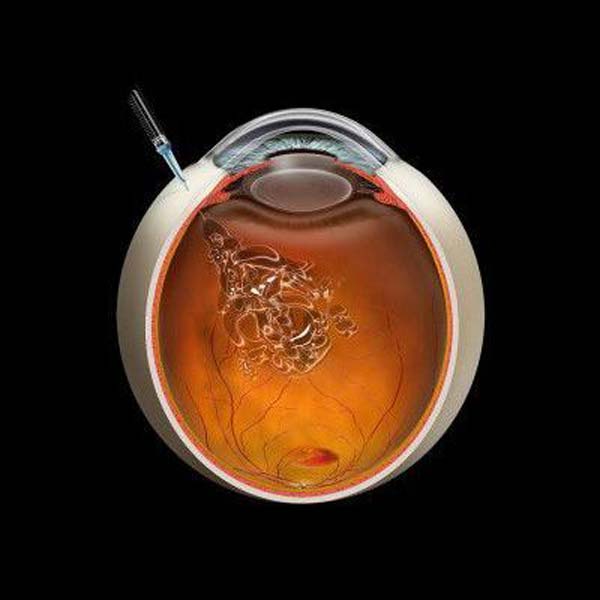
Intravitreal Injection
Intravitreal injections deliver medication directly into the vitreous cavity of the eye, targeting various retinal conditions such as macular degeneration and diabetic retinopathy. Discover how our intravitreal injection therapy can help improve your eye health.

